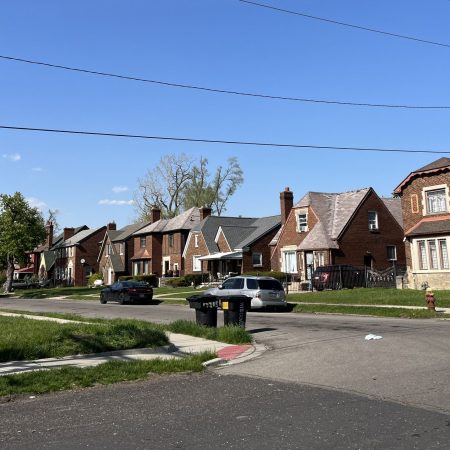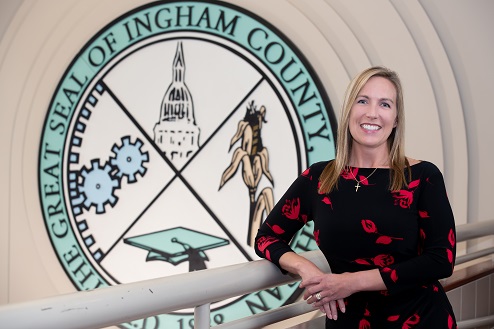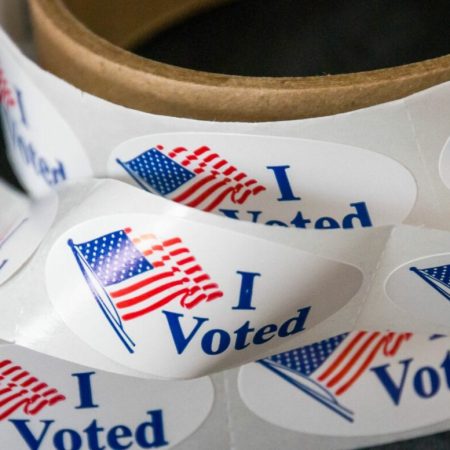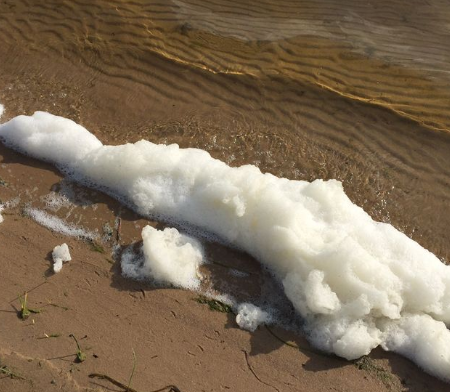ARISE Detroit! celebrates neighborhoods and its founder’s legacy
Journalist Luther Keith didn’t just tell the stories of Detroiters–he was a Detroiter. He cared about the city. But he didn’t care for the way out-of-town media reported on it.
That’s why he started ARISE Detroit! in 2006, to help change outsiders’ perceptions of the city. The next year, the group established Neighborhoods Day to encourage people to get involved in their communities and take pride in them.

Keith died in March 2025 as he was preparing for the 19th Neighborhoods Day on Aug. 2. ARISE Detroit! Chair Leslie Andrews stepped in as interim CEO after Keith’s death. She says each neighborhood has its own culture and deserves to be uplifted.
“It is a way for each neighborhood to roll out their welcome mat to all of the other people throughout the city and throughout the region…to come back or come for the first time and experience what that particular community has to offer,” Andrews says.
It’s about community service and pride
Part of the group’s mission is to promote volunteerism within the neighborhoods and to build bridges between neighborhoods to solve citywide problems.
“A lot of times, everyone is pretty much siloed down and looking at their own community, and they don’t see what’s going on in similar ones, and they miss the opportunity to collaborate,” she says.
What does the future hold?
This year’s event takes place just a few days before the city’s primary election. Voters will elect a new mayor in 2025. Some candidates are already talking about the need to invest more money and resources in neighborhoods outside of downtown and midtown.
Andrews says Detroit has changed since Keith established Neighborhoods Day in 2007. They talked about the event’s purpose and its future before he died.
“There are neighborhoods that are thriving, but they also still have some significant needs,” she says. “How do we become the voice that advocates for the neighborhoods?”
Neighborhoods Day presents service opportunities but also features food and entertainment for all ages throughout the city.
The post ARISE Detroit! celebrates neighborhoods and its founder’s legacy appeared first on WDET 101.9 FM.



